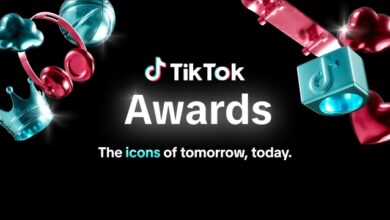Davido to release anticipated studio album “5ive” in March
 Nigerian Afrobeat superstar David Adeleke, popularly known as Davido, is set to release his highly anticipated fifth studio album titled “5ive” in March .
Nigerian Afrobeat superstar David Adeleke, popularly known as Davido, is set to release his highly anticipated fifth studio album titled “5ive” in March .
The music star, who took to his social media platforms to announce the dropping of the album in March to his fans and music lovers, also hinted at the album’s thematic richness and creative depth.
The singer promised his fans that he would continue the artist’s legacy of producing chart-topping hits while exploring fresh musical directions.
Nigerian Stars Burna Boy, Davido, Wizkid, Tems listed for 2025 NAACP Awards
“Afrobeats can’t be brought up without my name. Impossible,”he said.
The genre-defying pioneer has brought his sound to the attention of millions, and with his new album ‘5ive’ coming in March, he truly has the world at his feet,” he wrote.
According to the singer, afrobeat cannot be brought with his name, as he expressed his excitement over the project.
“This album is a reflection of my journey—where I have been and where I am going. ‘Funds’ is just the beginning of what I believe will be a special project for my fans and African music”.
BRANDECONOMY reports that 5ive marks Davido’s return after the immense success of his previous albums ‘A Better Time’ released in 2020 and ‘Timeless’ released in 2023.
Both songs solidified his position as a global ambassador of Afrobeats and it is poised to dominate charts and streaming platforms upon release of the ‘5ive’.
The singer had continued to prove that his influence in shaping the global afrobeats narrative is unmatched.











